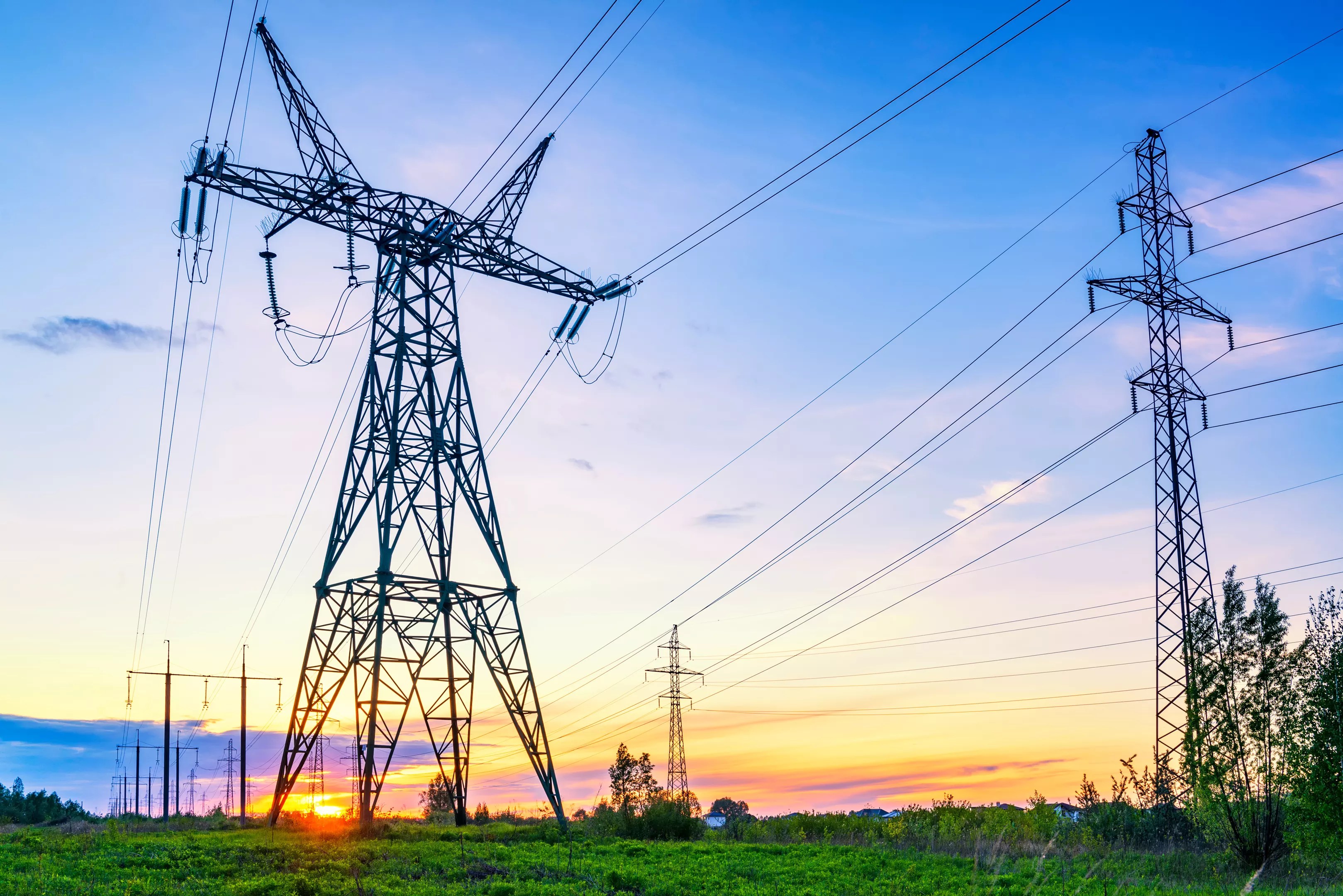
Adobe Stock

Audio By Carbonatix
Texas produces more energy than any other state, with the greatest oil and gas production nationally and thousands more windmills than any other state. The energy sector here is a $172 billion industry, but still over a quarter of Texans face problems affording their electric bills, according to a study from Home Energy Club.
The study from Home Energy Club surveyed 500 Texans about their perspectives on energy rate hikes and found that 34% of respondents were struggling to pay for their home electricity. If electricity rates were to increase, 53% of those surveyed said they would plan to find supplemental income to afford power. For one in four Texans surveyed, a $25 monthly increase in electricity would create financial hardship.
The price of power fluctuates with market demands, while factors like weather, time of day, availability of energy and grid infrastructure can create changes. The Electric Reliability Council of Texas (ERCOT) oversees the function of Texas’ power grid, and is responsible for 90% of the state’s electric load. Faith in ERCOT was significantly damaged when millions of Texans were left without power for days during Winter Storm Uri in 2021. Since then, critics have urged the state to join the existing nearby national power grids, allowing the state to siphon power increasing the supply and lowering electricity prices.
“Trust in ERCOT emerged as a critical issue: 85% of Texans doubted the organization’s ability to effectively manage new funds from rate hikes,” the study said. “This skepticism was highest in North Texas, where 87% of residents indicated distrust in ERCOT. The same percentage of Texans statewide supported creating a watchdog organization to monitor ERCOT’s spending.”
A watchdog organization isn’t out of the question. A bipartisan bill filed this Legislative session, Senate Bill 75, would establish the Texas Grid Security Commission. The commission would be comprised of representatives from state agencies and the energy sector and would be responsible for creating a comprehensive assessment of the power grid. The bill specifically mentions the 2021 winter storm that crashed the grid and led to the death of hundreds of Texans. Beyond the fatalities, the bill also acknowledges how the storm “radically increased pricing of electricity and made electric power bills unaffordable to many customers across this state.”
The report, due by October 2026, will analyze the existing power grid’s ability to withstand terrestrial weather events, potential terrorist attacks, cyber security threats and supply chain vulnerabilities, in addition to resilience standards for microgrids.
Despite the increasing costs of power, Texans, scarred by 2021’s cold snap, are willing to set aside $200 maximum for their monthly electricity bill according to the survey. However, 70% of those surveyed were unwilling to accept rate increases related to ensuring grid security and improvements.
“Our study really shines a light on the financial tightrope many Texans are walking…Most striking is that 85% of Texans lack confidence that ERCOT can effectively oversee rate hike revenues, while a majority believe utility companies prioritize profits over safety,” Nathan Schluter, a spokesperson for Home Energy Club said to the Observer. “It’s a clear call for transparent, balanced solutions that strengthen our grid without overburdening families.”